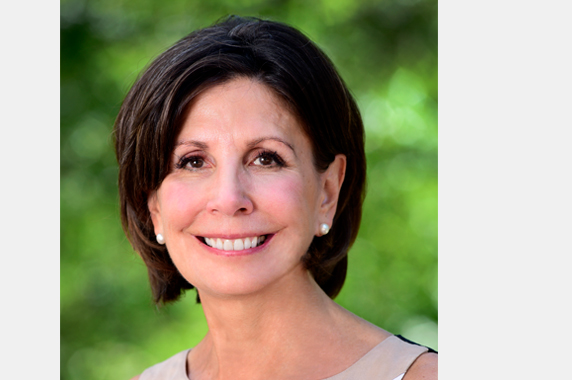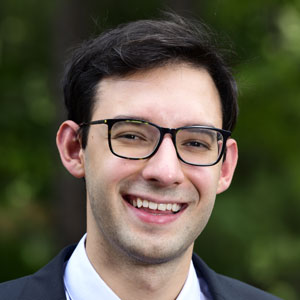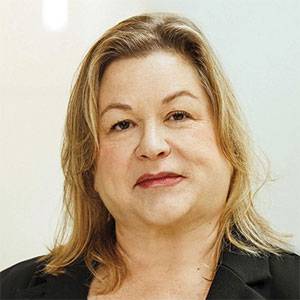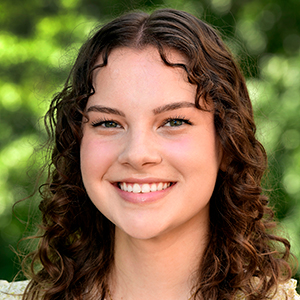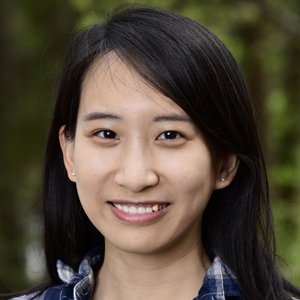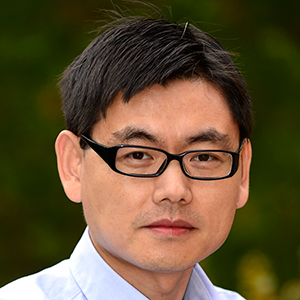Dondrae Coble, D.V.M., recently was appointed chief of the NIEHS Comparative Medicine Branch and animal program director. He succeeds Kathy Laber-Laird, D.V.M., who is retiring at the end of the year (see sidebar). Before joining the institute, Coble directed the animal resources core and was an attending veterinarian at the Abigail Wexner Research Institute at Nationwide Children’s Hospital in Columbus, Ohio.
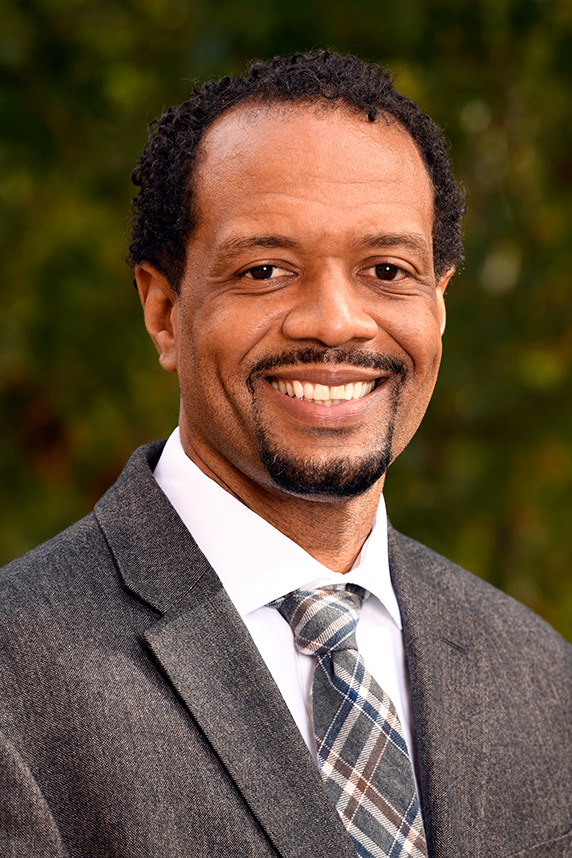 Coble is a diplomate of the American College of Laboratory Animal Medicine, a certified aquatic veterinarian, and an ad hoc specialist for AAALAC International. (Photo courtesy of Steve McCaw / NIEHS)
Coble is a diplomate of the American College of Laboratory Animal Medicine, a certified aquatic veterinarian, and an ad hoc specialist for AAALAC International. (Photo courtesy of Steve McCaw / NIEHS)At NIEHS, he has hit the ground running, helping the institute prepare for a site visit from the Association for Assessment and Accreditation of Laboratory Animal Care International (AAALAC International) as part of a triennial accreditation process. Recently, Environmental Factor caught up with Coble to learn more about his life and career.
EF: Can you share with our readers what spurred your interest in veterinary medicine?
Coble: I am originally from Greensboro, North Carolina, where I grew up around many of my extended family members. An older cousin enjoyed animals and sparked my interest when assisting him to foster baby squirrels. I hung out with him, and I think this exposure jumpstarted my interest in veterinary medicine at a very young age.
Also, my parents exposed my brother and I to math and science at early ages. Every year, we attended the Greensboro Area Mathematics and Science Education Center summer camp, and that had a positive impact on me and my brother, who later earned his Ph.D. in animal genetics from Iowa State University.
EF: What led you to pursue a doctoral degree?
Coble: I played baseball my freshman year of college at North Carolina Agricultural and Technical State University, and I had a decision to make. Did I have a better chance of making it to the major leagues or following my passion and love of animals by becoming a veterinarian? I chose to pursue the veterinary medicine route and focused on my grades..
I also had a great mentor, Dr. Tracy Hanner, who actually worked at NIEHS before going to veterinary school. He became the first African American graduate from North Carolina State University’s College of Veterinary Medicine, in 1986. I had another mentor, Dr. Michael Cotton, who is a veterinarian in Greensboro. I was fortunate that I had close contact and working experience with two African American male veterinarians. They inspired me to pursue an advanced degree, and I attended Tuskegee University’s College of Veterinary Medicine after graduating from college.
EF: I understand that your education did not end with your doctorate. Can you expand on that?
Coble: When I entered Tuskegee, I wanted to become a laboratory animal medicine veterinarian because of my undergraduate degree and exposure in laboratory animal science. Then I learned about other disciplines of veterinary medicine, and I wanted to become every type of veterinarian that exists [laughs].
By the time I graduated, I was set on becoming a small animal orthopedic surgeon. During a surgical internship in Florida, I learned that my passion was not to pursue surgery but rather emergency medicine. I moved back to North Carolina and worked in emergency medicine for three years, which was great. But I never lost that spark for laboratory animal medicine.
One day, I had an epiphany that laboratory animal medicine was where I saw myself long-term. So, I pursued residency training at Emory University, plus an additional year at Yerkes National Primate Research Center for clinical training. My first job as a laboratory animal medicine veterinarian began at Ohio State University in 2011. I was a clinical veterinarian and ultimately a professor, so I had an opportunity to teach and practice clinical medicine, which is the best of both worlds to me.
EF: What is one way that you would like to make a difference in your profession?
Coble: One thing I would like to change, or at least have a part in, is the access to and overall diversity within veterinary medicine. Diversity — and I mean socioeconomic, racial, and geographic — is something that is important to me. In the field of veterinary medicine, I think that increasing diversity, equity, and inclusion and decreasing student debt are things we can tackle within this lifetime.
(Jennifer Harker, Ph.D., is a technical writer-editor in the NIEHS Office of Communications and Public Liaison.)





